 | 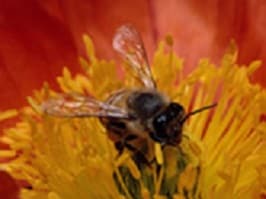 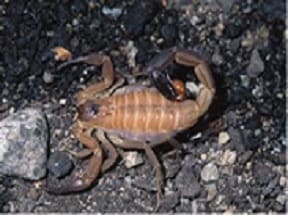 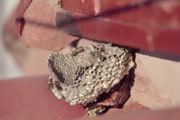
Stinging or biting insects or scorpions can be hazardous to outdoor workers. Stinging or biting insects include bees, wasps, hornets, and fire ants. Outdoor workers at risk of exposure to them include farmers, foresters, landscapers, groundskeepers, gardeners, painters, roofers, pavers, construction workers, laborers, mechanics, and any other workers who spend time outside. The health effects of stinging or biting insects or scorpions range from mild discomfort or pain to a lethal reaction for those workers allergic to the insect’s venom. Anaphylactic shock is the body’s severe allergic reaction to a bite or sting and requires immediate emergency care. Thousands of people are stung by insects each year, and as many as 90–100 people in the United States die as a result of allergic reactions. This number may be underreported as deaths may be mistakenly diagnosed as heart attacks or sunstrokes or may be attributed to other causes. It is important for employers to train their workers about their risk of exposure to insects and scorpions, how they can prevent and protect themselves from stings and bites, and what they should do if they are stung or bitten. Bees, Wasps, and Hornets 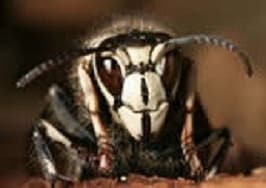 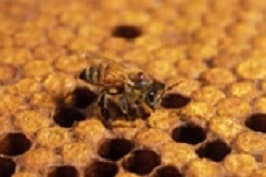 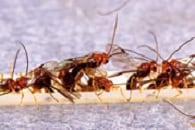
Photos courtesy of Gary Alpert (1) and U.S. Department of Agriculture (2 & 3)
Bees, wasps, and hornets are most abundant in the warmer months. Nests and hives may be found in trees, under roof eaves, or on equipment such as ladders. U.S. Geographic Region Bees, wasps, and hornets are found throughout the United States. Recommendations for Protecting Workers Employers should protect their workers from stinging insects by training them about: - Their risk of exposure
- Insect identification
- How to prevent exposure
- What to do if stung
Preventing Insect Stings Workers should take the following steps to prevent insect stings: - Wear light-colored, smooth-finished clothing.
- Avoid perfumed soaps, shampoos, and deodorants.
- Don't wear cologne or perfume.
- Avoid bananas and banana-scented toiletries.
- Wear clean clothing and bathe daily. (Sweat may anger bees.)
- Wear clothing to cover as much of the body as possible.
- Avoid flowering plants when possible.
- Keep work areas clean. Social wasps thrive in places where humans discard food.
- Remain calm and still if a single stinging insect is flying around. (Swatting at an insect may cause it to sting.)
- If you are attacked by several stinging insects at once, run to get away from them. Bees release a chemical when they sting, which may attract other bees.
- Go indoors or jump into water.
- A shaded area is better than an open area to get away from the insects.
- If a bee comes inside your vehicle, stop the car slowly, and open all the windows.
- Workers with a history of severe allergic reactions to insect bites or stings should consider carrying an epinephrine auto injector (EpiPen) and should wear a medical identification bracelet or necklace stating their allergy.
First Aid If a worker is stung by a bee, wasp, or hornet: - Have someone stay with the worker to be sure that they do not have an allergic reaction.
- Wash the site with soap and water.
- Remove the stinger using gauze wiped over the area or by scraping a fingernail over the area.
- Never squeeze the stinger or use tweezers.
- Apply ice to reduce swelling.
- Do not scratch the sting as this may increase swelling, itching, and risk of infection
|
1 comment:
This is lovely post.I am felling glad on this article.Can you more share at here.
Thanks for more sharing........
Pure Argan Oil
Post a Comment